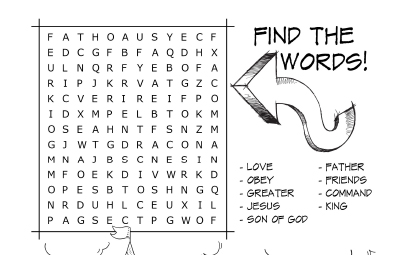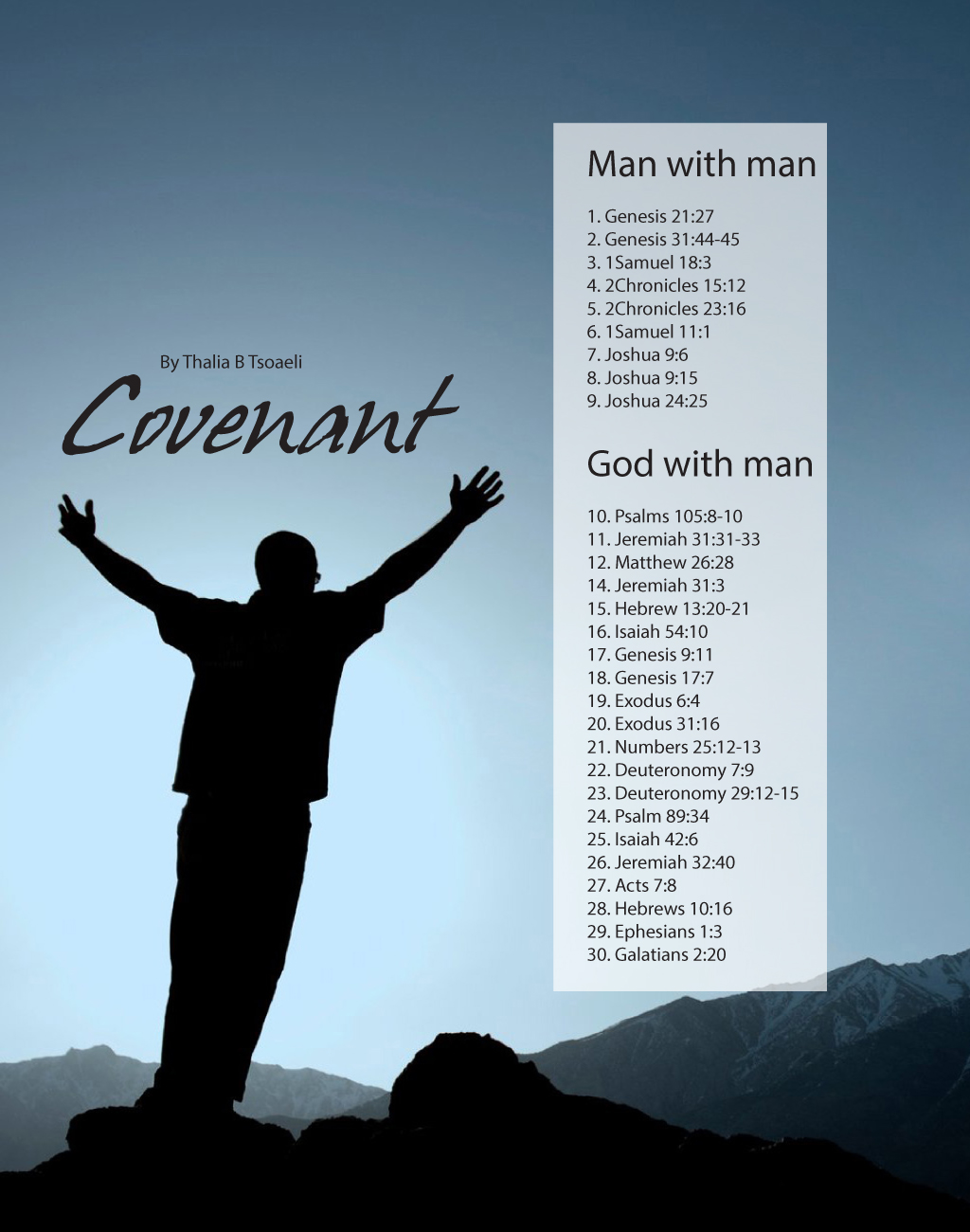
So what do we do when time really just runs out? Well, that's really just it - time just ran out. Nothing we can do about that, except wait for another day and continue where we left off. No amount of "burning the midnight oil" will fix time lost, and strangely, the more we chase after catching up lost time the more we lose time.
I was having a conversation with a friend at work the other day, at the end of which I made a comment something like, "I wish there were more hours in the day!" Later on that statement came back to haunt me because it opened up all sorts of questions that would not leave me alone.
Why do I need more hours in the day? Why are the 24 hours God assigned to each day not enough? What would I do if I were able to add another 6 or 8 hours to my day? I cannot answer all these questions in this article, but hopefully we can continue our conversation and at least find some answers.
Firstly, why would one need more hours, or, what would cause one to desire more time? At the time I made the comment I was discussing work issues with my friend, so here the answer is quite simple: I would need more hours in a day so I could work more. Leading on from this I would have to look at the way I manage the time I have at the moment, and why that wouldn't be enough. If God, in His almighty wisdom decided a day only needed 24 hours, and He appointed me a steward of His work (and His time), then surely 24 hours should be enough. So it really comes down to one thing only - my personal time management. Understand that I am writing this from a man's point of view, and therefore the hunter-gather-provider hormones are surging like a flood in my reasoning!
Per chance I came upon a short article recently by Dr Abdul Kalam (a scientist and administrator who served as the President of India from 2002 to 2007) aptly titled Always Leave The Office On Time. In this he writes, "Work is a never-ending process. It can never be completed." He also writes that the person who leaves the office on time is efficient, has a good social life and enjoys a quality family life. On the other hand, the person who is forever working late is inefficient, incompetent, has no social life and really has less of a family life. It all comes down to the management of time. The apostle Paul writes to the Church at Ephesus and encourages them to redeem their time; some translations say "making the best use of the time" and "making the most of every opportunity."
Could the problem of "not having enough time" lie in the fact that my work is my job and that my job is not my work? If my job is also my passion, then my work will never end (since passion doesn't die), and if I know my work/passion/job will never end and always be there the next day, I would also be able to effectively manage my time. In fact, I would want to manage this time since it will allow me to take advantage of all kinds of opportunities. For a person with an 8-5 job description, the times outside of that block become very precious; those with a flexi-time schedule may in one sense be slightly more fortunate, but doesn't allow for the rest of the time to be mismanaged.
So what do we do when time really just runs out? Well, that's really just it - time just ran out. Nothing we can do about that, except wait for another day and continue where we left off. No amount of "burning the midnight oil" will fix time lost, and strangely, the more we chase after catching up lost time the more we lose time. People who strive to "catch up" inevitably end up living in the past and neglecting the future - no one can survive a life like that.
We need to take encouragement in the fact that God loves us, loves our company and values our relationship. He also takes great delight when we pass our relationship with Him on to those closest to us - family and friends, and even those people whom we call "neighbour." Only when we have allocated the time to keep these relationships healthy and thriving, should we even consider giving up our time and energy to other things... yes, things like "work".
Looking at "work" all by itself and in context of only being a source of provision, makes it nasty and ugly, and contributes to those pesky Monday Blues! However, when our work is done enthusiastically, as something done for the Lord (Colossians 3:23), that time becomes part of the "relationship time" and therefore can never run out.
After all of this being said, time is important for all of us simply because it is so limited. If we live an average of 80 years, we only have 29200 days, or 700 800 hours to make our mark. Now considering that anything we do for ourselves doesn't leave a mark (a legacy) that time becomes quite limited. Although we can be a positive impact in the lives of others at any age, let us, just for the sake of this article, take out of the equation the first 18 years of life - birth until school is finished, and also the 4 years normally spent to study. Most people "retire" at 65, and although we continue to be an influence in the lives of our children, grandchildren and friends, we are, so to speak, out of work. Based on these rather loose calculations we are left with 43 years of "work". Given the fact that we "work" 8 hours, sleep 8 hours, drive to work and back around 2 hours, we are left with only 6 hours to devote to relationships, relaxation and exercise. You get the picture - time is short.
So let us decide to make the most of our time and opportunities, to seek an active and vibrant relationship with God, our family and our friends. Let us minimise stress and maximize relaxation and exercise, and work together at living a life that is, in the words of Jesus, abundant. Abundance cannot be measured in possessions, but rather in quality of life! The reality is that every day, time is running out for us to work at leaving a legacy for those who will come after us. But if we make the most of the time we have, our "time running out" won't be "time running out" at all!










































































